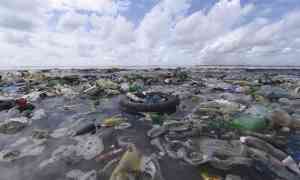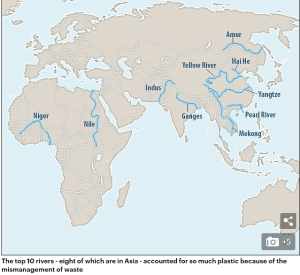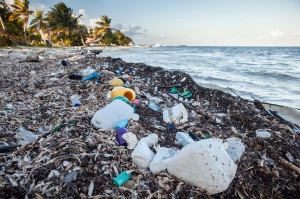“Guardians of Anja”, produced and directed by Robin Hoskyns, will debut as a North America premiere in New York City, October 2018 at the 8th annual WCFF.
OFFICIAL TRAILER: https://vimeo.com/272396683
SYNOPSIS: “Guardians of Anja” is a story of hope. In a land stripped bare, a tiny patch of forest clings on. Nestled between towering cliffs this forest is home to Madagascar’s most famous resident. With the help of the local community, fortunes are changing for the people, the wildlife and the forest.
The WCFF mission is to inform, engage and inspire wildlife conservation through the power of film. Join us for our eight year anniversary October 18-28, 2018. Ten days with over 100 documentary films screened, many World and North America premieres. Panel discussions, receptions, field trips, networking, virtual reality/360 and more. All Access Film Festival passes are available now for purchase: wcff.org/nyc-festival-2018/
Contact: info@wcff.org to join the planning committee. Sponsor the film festival, advertise on the big screen during the outdoor summer series and the October festival. Take a full or half page in the full color, hard copy program book that is distributed in Africa, Australia, China, Europe, India, North and South America.
Christopher J. Gervais, FRGS
Twitter: @CJGERVAIS
Christopher@WCFF.org
Wildlife Conservation Film Festival
October 18-28, 2018 | New York, NY
http://www.WCFF.org
Facebook.com/WCFForg
Twitter: @WCFF_org
Instagram: @wcff_org
Vimeo.com/wcff
LinkedIn: Wildlife Conservation Film Festival























